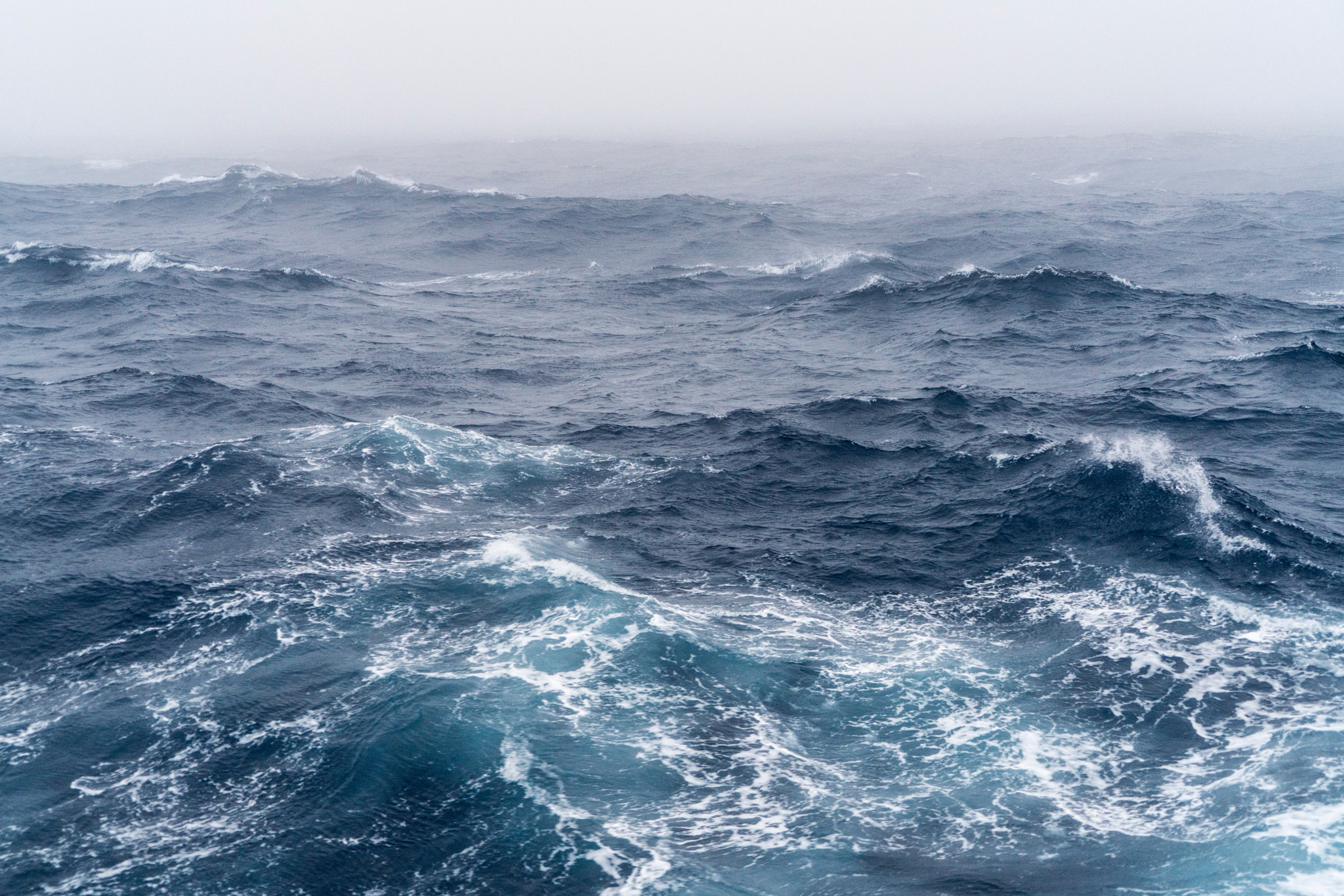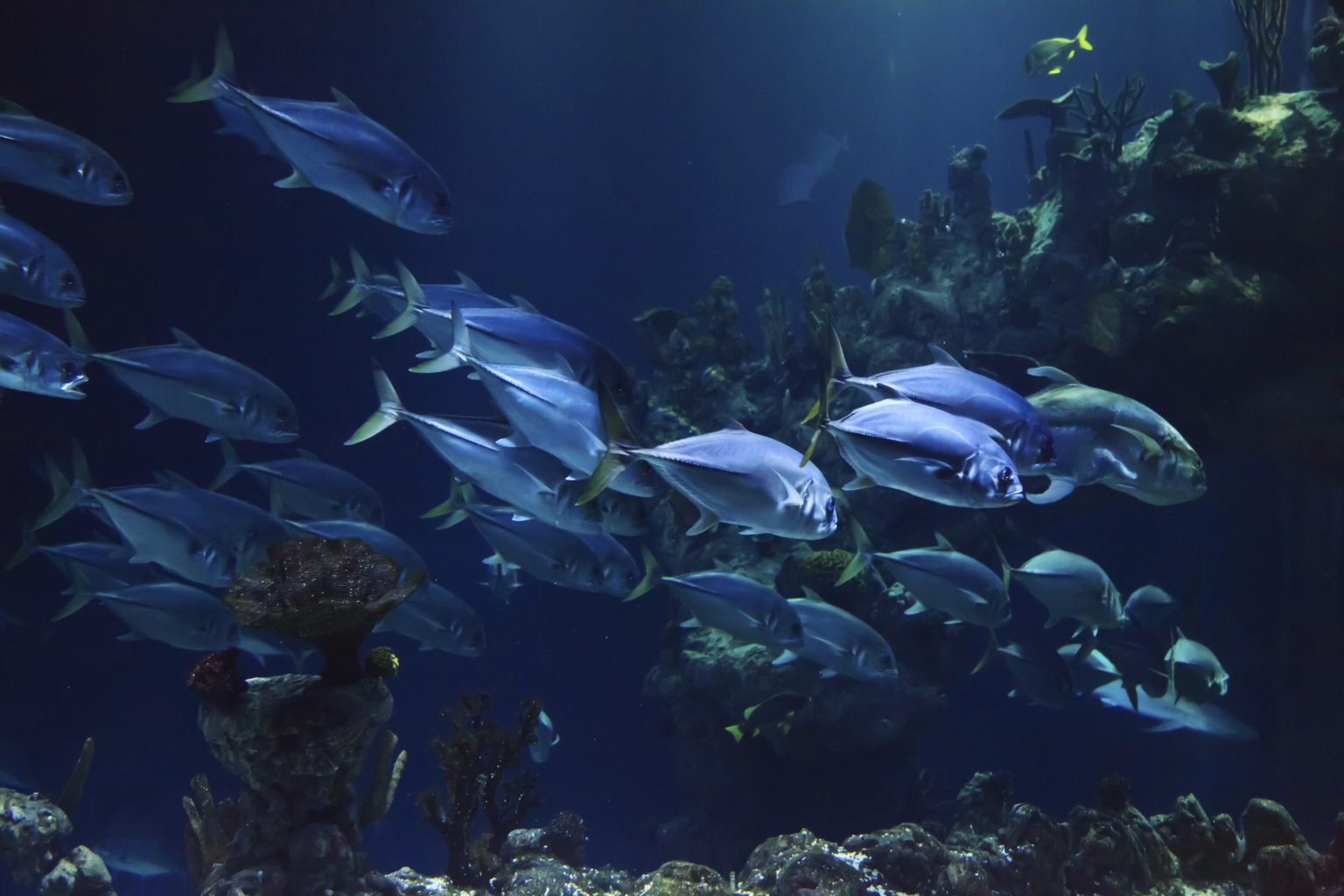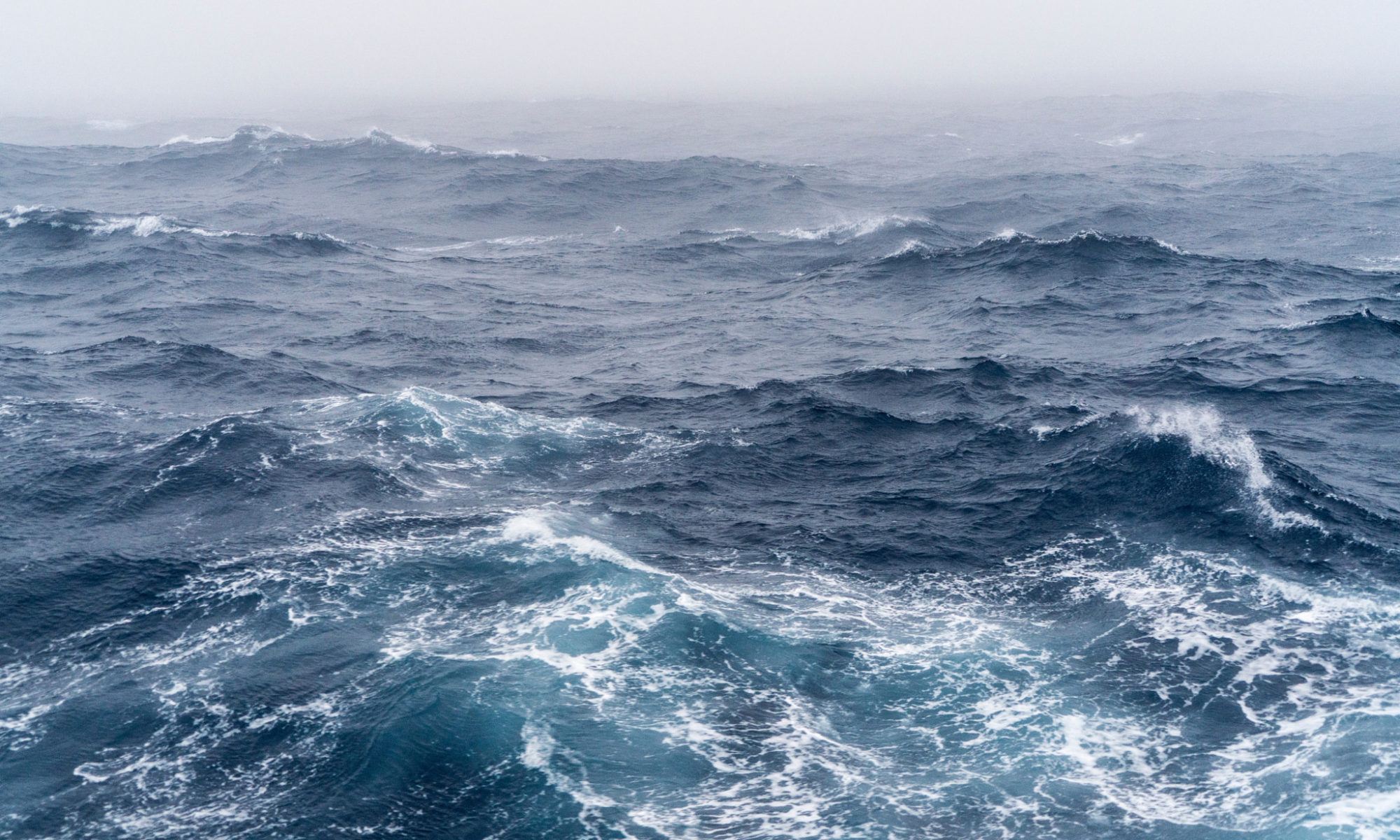From 20 February to 4 March, the very last BBNJ negotiations, aimed at adopting an international treaty for the protection of biodiversity on the high seas, took place in New York. The agreement was reached after 17 years of intense discussions and negotiations at the United Nations. Belgium played an active role in drafting and finalising this historic treaty. Among other things, it will now become possible to create marine protected areas on the high seas – outside territorial waters.

The new treaty is of great importance for Belgium, as our country is a founder of the Blue Leaders in 2019 and a strong supporter of ocean protection and the conservation of its resources. The adoption of the target of protecting 30% of the ocean by 2030 at the COP Biodiversity in Montreal in December last year was a first important step. The conclusion of this new Convention for the Protection of Biodiversity on the High Seas (BBNJ – Biodiversity Beyond National Jurisdiction) is the second and final step before effective protection can be achieved.
The importance of the ocean
The ocean is crucial for sustaining life on Earth. It is the source of food and energy for millions of people, regulates the climate and provides oxygen. Unfortunately, the ocean is threatened by pollution, overfishing, climate change and other human activities.
Protecting our ocean is therefore essential for the future of the planet. One of the main reasons is the unique role the ocean plays in the fight against climate change. For instance, it absorbs about a third of the CO2 emitted into the atmosphere by human activities. This helps to reduce global warming and to stabilise the climate.
Vincent Van Quickenborne, Minister for the North Sea: “This is a historic treaty. A crucial step for all those who care about the ocean. The BBNJ treaty for the ocean is what the 2015 Paris Agreement is for the climate. After more than 17 years of negotiations, we can finally create marine protected areas on the high seas.”
The importance of nature reserves on the high seas
The new BBNJ treaty was to be created to delineate protected areas (nature reserves) on the high seas. 70% of the earth’s surface consists of water of which 3/4 is high seas which currently could not be fully protected in any way by the international community.
Thanks to this treaty, the final step has been taken to transform 30% of the high seas into marine protected areas by 2030. These are zones in which human activities are very strictly regulated: sustainable shipping, sustainable water tourism, sustainable use of biotic (fish stocks and other marine organisms) and abiotic (sand, gravel, metals, etc.) resources, scientific research with respect for nature.
Scientists agree that at least 30% must be protected with the establishment of natural areas on the high seas to have a resilient ocean that impacts climate change. With 30%, you reach the tipping point to keep the other 70% habitable as well.
Sophie Mirgaux, Belgian Special Envoy for the Ocean, FPS Public Health, who has been following the negotiations since the beginning as a member of the EU negotiating team: “This treaty is truly a gamechanger for ocean protection. It will be a challenge to effectively deliver this protection in an area so far from the coast. You need a lot of capacity to do that and it will be a long-term work. But it is necessary, so we must go for it as an international community.”

Besides natural areas on the high seas, the treaty also talks about access to marine genetic resources and the fair sharing of benefits derived from them, environmental impact assessments of activities on the high seas, capacity building and marine technology transfer. Like the climate treaty, the new treaty will also organise a COP ‘Conference of the Parties’.
Role of Belgium
Our country worked actively for the success of the BBNJ negotiations, including through active participation in the process and through bilateral contacts with other countries. The Royal Belgian Institute of Natural Sciences also cooperated intensively: as a member of the Belgian delegation as well as the EU team, Hendrik Segers was involved in drafting the Belgian and EU positions, and was responsible for aspects concerning marine genetic resources. The importance of finalising the BBNJ Treaty was also underlined during the Blue Leaders event that Minister for the North Sea Vincent Van Quickenborne co-organised on the eve of the Our Ocean Conference 2023 in Panama. Policymakers from around the world called there for the finalisation of the BBNJ treaty.
The high-level appeal was bolstered by the announcement of more than $100 million in funding to support ratification and implementation of the treaty. The funding pledge was made possible by private and public philanthropic institutions such as Bloomberg Philanthropies, the Global Environment Facility (GEF), Oceans5 and others. The European Commission has also pledged €40 million to the BBNJ treaty. In addition, the Commission provides €816 million for ocean research.
As Blue Leader, Belgium will throw its weight behind the idea of quickly fixing the first nature reserve on the high seas. To make this possible, however, some steps still need to be taken.
Hendrik Segers, Royal Belgian Institute of Natural Sciences, explains: “In order to proceed to the delineation of marine protected zones in areas outside national jurisdiction, the BBNJ treaty must first be ratified by EU member states and the Commission, and transposed into national and European legislation. It will also be important for scientific research on the high seas to fully understand the consequences of the treaty.”
Belgium candidate for secretariat in Brussels
As is the case for other international conventions, a secretariat will also be established for BBNJ. This will be a separate secretariat, i.e. not under the UN umbrella in New York. This is important to give the new treaty clout. After all, there will be an important lobby against establishing protected areas on the high seas. A separate secretariat, with its own staff and budget, can then make a real fist. Belgium, one of the founders of Blue Leaders, is applying to set up that important secretariat in Brussels. This is not only in line with our country’s commitment in recent years but would also significantly raise Belgium’s international marine standing.

